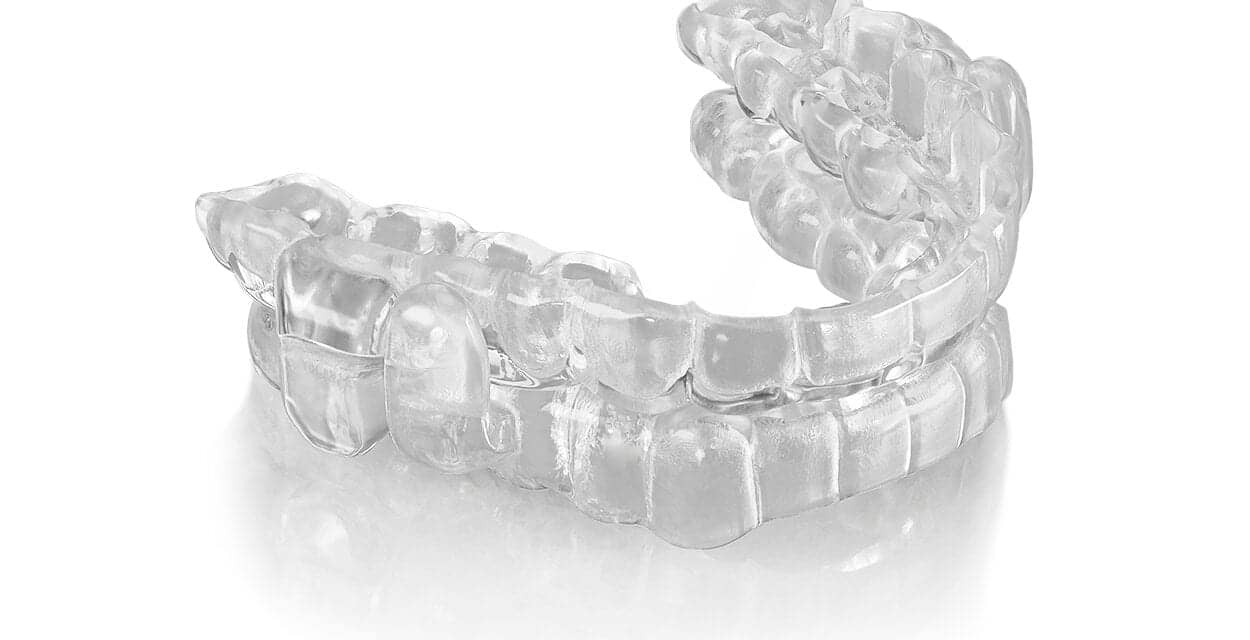Schedule your initial consultation today and start your journey towards a pain-free, healthier smile. Contact us now!
Do you grind your teeth? Does your jaw joint click when you open your mouth or clench your teeth? A misalignment of the masticatory system (known as craniomandibular dysfunction) not only causes jaw pain, but also numerous complaints such as dizziness, headaches, neck pain, and back pain. Various factors can lead to an imbalance that causes muscle tension. This results in a variety of symptoms that can be very stressful for those affected. Whether it’s headaches, tinnitus, or neck pain: in very few cases do doctors and patients suspect a dental problem. With our functional diagnostics in Munich, disorders can be quickly identified and effectively corrected with appropriate functional therapy.

Functional therapy in dentistry treats dysfunctions of the masticatory system, such as jaw joint pain, teeth grinding, and muscle tension. The goal is to restore the harmonious interaction of the jaw joints, masticatory muscles, and teeth.
A key component is functional diagnostics , in which the causes of the disorders are determined through clinical examinations. Based on this, individual treatment plans are developed, often including bite splints that correct incorrect loading and relieve pressure on the jaw joints.
Physiotherapy or, in some cases, dental rehabilitation may also be used. Functional therapy takes a holistic approach to treat both symptoms and causes and improve quality of life.
With our targeted functional therapy, your teeth are gently aligned to adapt to your jaw joints. Most discomforts and misalignments can be effectively treated using custom-adjusted bite splints.
A bite splint is a custom-made device that is placed over the teeth of the upper or lower jaw to relieve pressure on the jaw joint and relax the chewing muscles. It brings the lower jaw into an ideal position and prevents incorrect loading, such as nighttime teeth grinding.
The splint interrupts unconscious movement patterns and helps relieve muscular tension and discomfort such as headaches or neck pain. In the long term, it supports the stabilization of joint and muscle balance, often complemented by physical therapy or other measures.
The idea is to prevent you from performing certain habitual movement patterns with your lower jaw during stress or sleep. Once your jaw has adjusted to the new position thanks to the splint, this incorrect posture should also be avoided in your natural teeth.

The goal of our practice is to provide friendly, caring dental care and the highest level of general, cosmetic, and specialized dental treatment.
Copyright © 2025 All Rights Reserved.